Interest Free Financing Up To 36 Months
WE DO NOT ONLY PUMP YOUR TANK - WE CLEAN IT!
Multiple Financing Options Are Available Up To 36 Months
Interest Free Financing Up To 36 Months
WE DO NOT ONLY PUMP YOUR TANK - WE CLEAN IT!
Multiple Financing Options Are Available Up To 36 Months
Septic systems are essential for controlling wastewater from homes. Anaerobic and aerobic septic systems are the most notable types of septic systems. Understanding the disparities between these systems is essential for homeowners seeking efficient wastewater treatment solutions.
In this blog post, our professionals from Septic Blue of Raleigh will delve into the variances between aerobic and anaerobic septic systems, shedding light on their mechanisms, benefits, and maintenance requirements.
The idea behind aerobic septic systems is the use of oxygen throughout the wastewater treatment process. In contrast to anaerobic systems, aerobic systems depend on oxygen to speed up the decomposition of organic materials. These systems employ air pumps or aerators to introduce oxygen into the septic tank, which encourages the growth of aerobic bacteria. Waste breaks down more quickly in this oxygen-rich environment, leading to more effective treatment. Because of this, aerobic systems often generate cleaner effluent, which makes them a desirable option for homeowners who care about the environment.
In contrast to aerobic systems, anaerobic septic systems function in the absence of oxygen. These systems break down organic materials in the septic tank using anaerobic bacteria. Waste is fermented during the process, releasing gasses including hydrogen sulfide and methane. While anaerobic systems are effective in breaking down sewage, they typically produce less environmentally friendly effluent compared to aerobic systems. Additionally, the decomposition process in anaerobic systems is slower, necessitating regular septic tank pumping to prevent overflow and maintain system functionality.
Aerobic septic systems offer several advantages over their anaerobic counterparts. Firstly, the aerobic treatment process is more efficient, resulting in cleaner effluent that poses minimal environmental risks. Additionally, compared to anaerobic systems, aerobic systems often emit less odor, which helps homeowners enjoy a more pleasant living environment. Furthermore, aerobic systems can be used in a greater variety of settings due to their increased adaptability to changing soil conditions. Aerobic systems can offer dependable wastewater treatment for many years to come with the right upkeep, which includes routine septic tank cleaning and inspection by a qualified septic company.
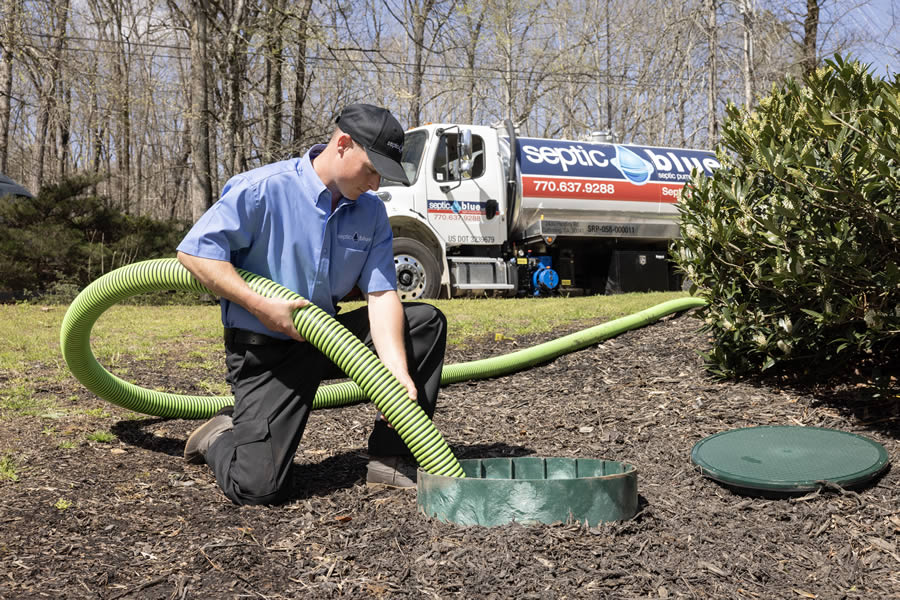
Septic tank pumping in Raleigh has never been so affordable and accessible thanks to the professionals at Septic Blue. We are…
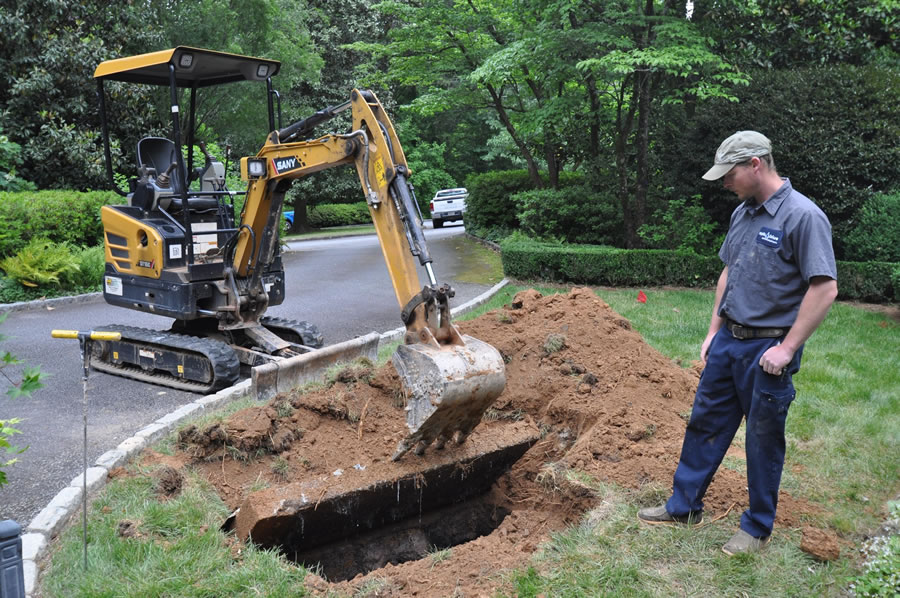
One quarter of Americans rely on septic tanks to process household waste. Most Septic Blue locations have septic tank experts who…

Call Septic Blue today for a second opinion. If you choose to go with Septic Blue, you'll receive $250 off your…
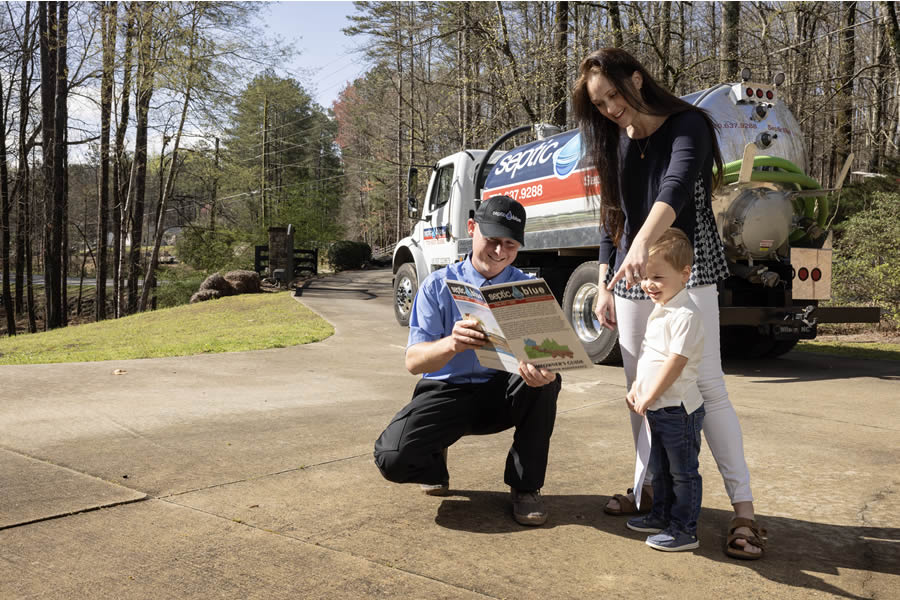
If you are a homeowner or resident in Raleigh that is among the 20 percent of households in the U.S. with…
Professional Saptic Plumbing solutions for every need. Contact Us Today!
Despite their limitations, anaerobic septic systems offer certain benefits that make them a viable option for some homeowners. Anaerobic systems are more cost-effective for individuals on a tight budget as they usually require less money to build than aerobic systems. Anaerobic systems also often have fewer components and a simpler design, meaning they require less upkeep. But it's important to understand that, even while anaerobic systems could save money up front, they typically need more frequent septic tank repair and pumping over time, which might cancel out any early savings.
Good upkeep is necessary to guarantee life and maximum efficiency of any septic system, whether you choose an aerobic or anaerobic one. For both kinds of systems, routine septic tank pumping is essential to preventing accumulation and averting system failure. Regular inspections by a licensed septic firm can also assist spot problems early and save expensive repairs later on. Additionally, you may extend the life of your system and help eliminate accumulated solids by arranging regular septic tank cleaning procedures. Regardless of the type of septic system selected, homeowners may optimize its efficiency and dependability by being proactive with maintenance.
Are you in need of a septic tank installation? Luckily, we at Septic Blue of Raleigh have dedicated workers ready at your service. Contact our representatives for more questions.
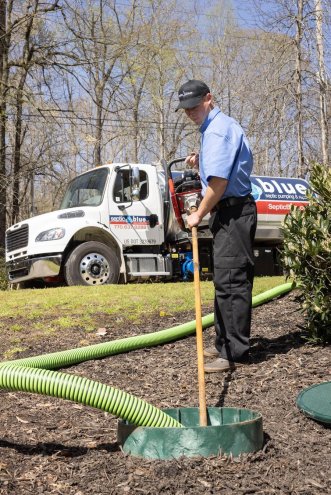
Septic systems play a critical role in protecting your home, health, and surrounding environment. Unfortunately, they're often misunderstood as systems that…
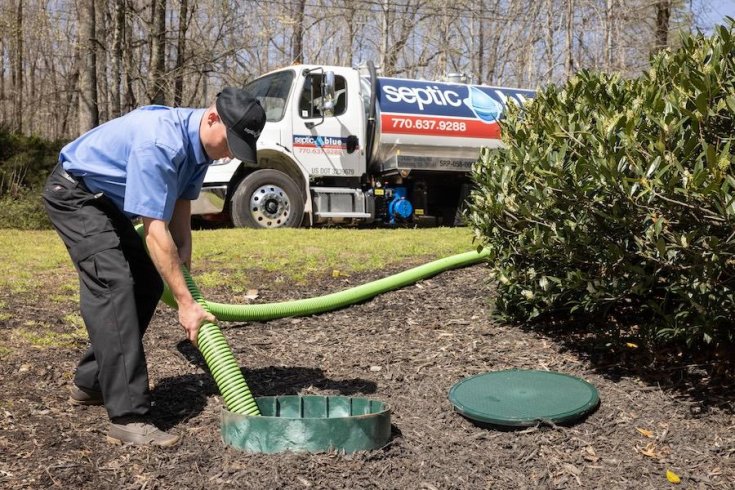
A well-maintained septic system supports daily life in ways that are easy to overlook, from dependable drainage to a healthy home…
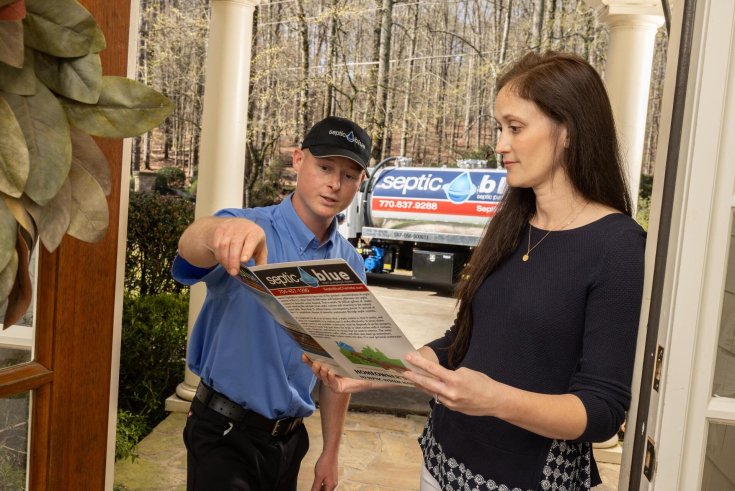
Septic systems are an essential but often misunderstood part of a rental or owned property, and confusion about responsibility can quickly…
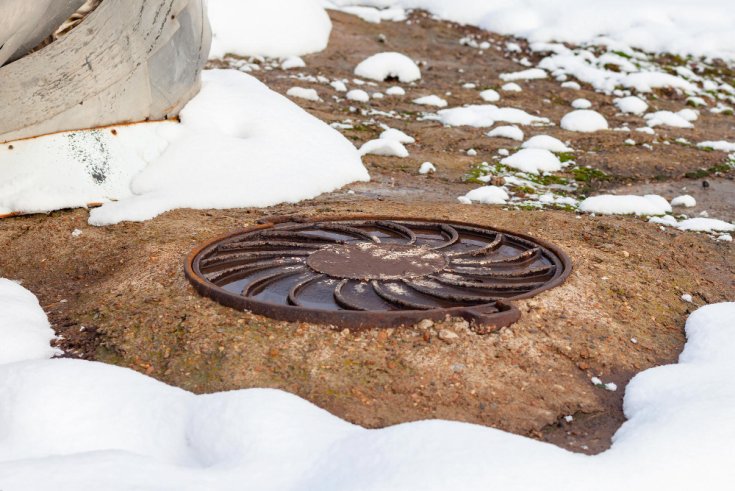
Cold weather places unique stress on your home, and your septic system is no exception. As temperatures drop, the ground hardens,…